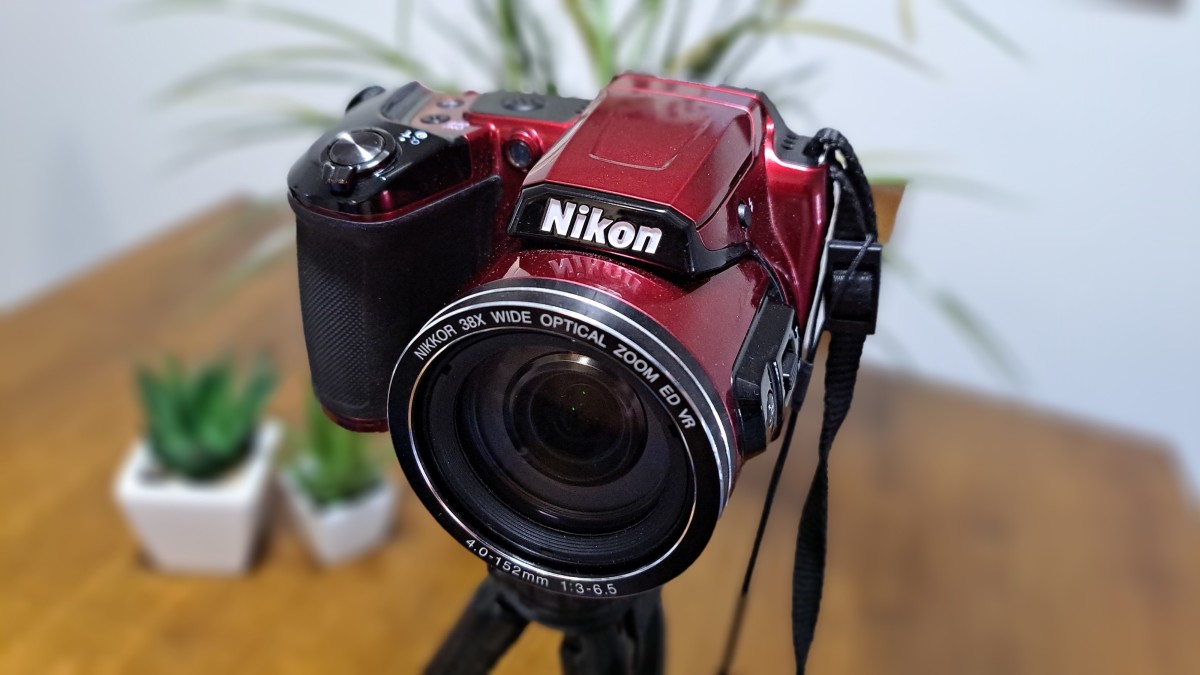The Success of iPod and iCulture
Music had always been a defining part of humanity, and our generation had been blessed with the ability to carry recordings of music around. I’m only in my twenties, but I still remember my mother’s cassette tape player, and I was ahead of her with my portable CD player. However, we were always restricted to only a few artists, and there was always the problem of carrying different tapes or CD. With the advancement of technology, Apple Computers invested in research into a new kind of portable music player, and we now have the iPod.
The iPod has been leading the portable music industry for a while now, so let’s make a brief analysis of Apple’s golden child: past, present and future.
iPod’s Early Dominance
Apple must have had a genius in their marketing department, as they targeted the young generation who dared to try newer technology, who eagerly wanted more music storage space. So they devised an image for the iPod user: a music loving, internet savvy and popular young man/woman. This marketing scheme turned out to be an overall success, and many students bought the iPod. This initial effective approach in marketing certainly brought the iPod into the spotlight as the new “next-gen” MP3-player. Compaq actually was the first to mass produce a large storage MP3-player, but because of its ineffective advertisement, we rarely hear of the “Personal Jukebox” made by HanGo Electronics nowadays.
The iPod was not all just wrapping - starting from the beginning it boasted sizes in gigabytes, a term that made geeks like myself grin and student tilt their heads with curiosity. Of course, like most statisticians, the marketing department decided to translate the memory size to the number of songs that a consumer can expect to fit on the iPod. I was personally shocked when I heard the number was over a thousand, and this was another major reason of iPod’s initial success as well.
However, the Early iPod was not perfect, because it cost a fortune. (A semester’s worth of ramen noodles, in college currency.) Also, the it was new technology presented to a culture of “if it ain’t broke, don’t fix it,” during the fiasco with Windows ME. General distrust of technology and software companies was running amok, but the iPod shined through like a gold covered nugget in a cave.
The Dark Side of the Early iPod
The battery life of the iPod caused some frustration for their customers, but the major problem was their battery replacement policy. In fact, this issue in poor policy making and customer disservice was so vexing that the Neistat Brothers produced a film that brought a well hidden spot in Apple’s darker side to the general public’s attention. Soon, the news crews pulled out their typewriters and flamed away.
Of course, we see that Apple and its iPod survived. No one was severely hurt - the customers who expected truth in Apple’s promises of battery life only got a minor burn in their wallet. Apple revised their policy for replacement batteries, and soon the battery life story was just some ancient news.
The Success of iCulture
Personally, as a consumer, I take all advertisement with large doses of salt. Call me a cynic if you will, but after using Windows ME for a whole year along with CompuServe, I learned my lesson that some companies are only out to make money and doesn’t care about its customers at all.
However, Apple knew that simplicity is key for a hand held device, as shown in the click-wheel design. They also knew that storage space was important, which they offer (currently at 160 gigabytes.) The numerous iPod accessories help us further customize the iPod. Their success lies not only in their marketing, but also because their products are genuinely designed with the user in mind.
Integration with the iPhone
After we, the consumers, got our sizeable MP3-players; now we want multifunctionality. The next obvious step was video, but where to next? South Korea actually was the leader in integrating music with phones, so once again, Apple took an idea and decided to market it. Apple introduced the iPhone to the world, and while still holding onto the students and young hipsters, they began to add functions that would also suit business people.
The Future of iCulture
I’m fairly certain that iPods and iPhones will remain dominant for the near future; but, in the long run, Apple will need to fight to stay unique.
The fight to stay original with a manufactured product is difficult at best, as a corporation easily loses its vision when the executives become content and fall out of sync with the customers. What do we really want from a simple MP3 player? Reliability and multifunctionality are both now prerequisites, and customization is nearly expected. With these three fundamental expectations, we are now asking for more!
Hopefully Apple will keep the customers who pay their bills in mind in their future designs.




